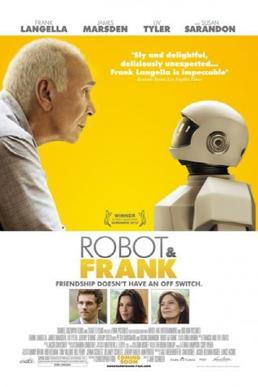Cover albums always have a whiff of the unnecessary about
them, but that doesn’t mean that they are always subpar. Rush’s Feedback set the gold standard for
rendering 60s rock classics, and Puddle of Mudd’s Re: (disc)overed provided bold yet surprisingly reverent takes on 70s
hard rock. Anthrax’s 2013 EP Anthems covers similar ground, and while
the results are uneven, they aren’t as dismal as they could have been.
The EP’s weakest point is arguably the title track, a cover
of Rush’s 1975 Randian rocker. Joey Belladonna struggles to ape Geddy Lee’s
signature wail, and the whole production sounds awkward. Renditions of AC/DC’s “TNT”
and Thin Lizzy’s “Jailbreak” are more up the band’s alley. They are done
faithfully and competently, but they don’t come close to surpassing the
originals.
On the other hand, the band hits a home run with its cover of
Boston’s “Smokin’.” Belladonna’s voice is much better suited for the material,
Charlie Benante’s drumming and the Scott Ian-Rob Caggiano guitar duo are
energetic, and guest keyboardist Fred Mandel is spot-on.
The band also makes decent work of Journey’s “Keep on Runnin’,”but
the remainder of the tracks are questionable. Cheap Trick’s “Big Eyes” is an
odd choice when one considers other possibilities that didn’t make the cut. And
why did Anthrax decide to include not one, but two versions of its own song “Crawl”
on here? It’s not a bad track, but it stands out like a sore thumb.
With a suspect track listing and uneven execution, Anthems is unlikely to win over anyone
who is not already an Anthrax fan. However, it does offer a fun walk down
memory lane, and it’s encouraging to hear musicians nearing or over 50 play
with gusto.
7.25/10






